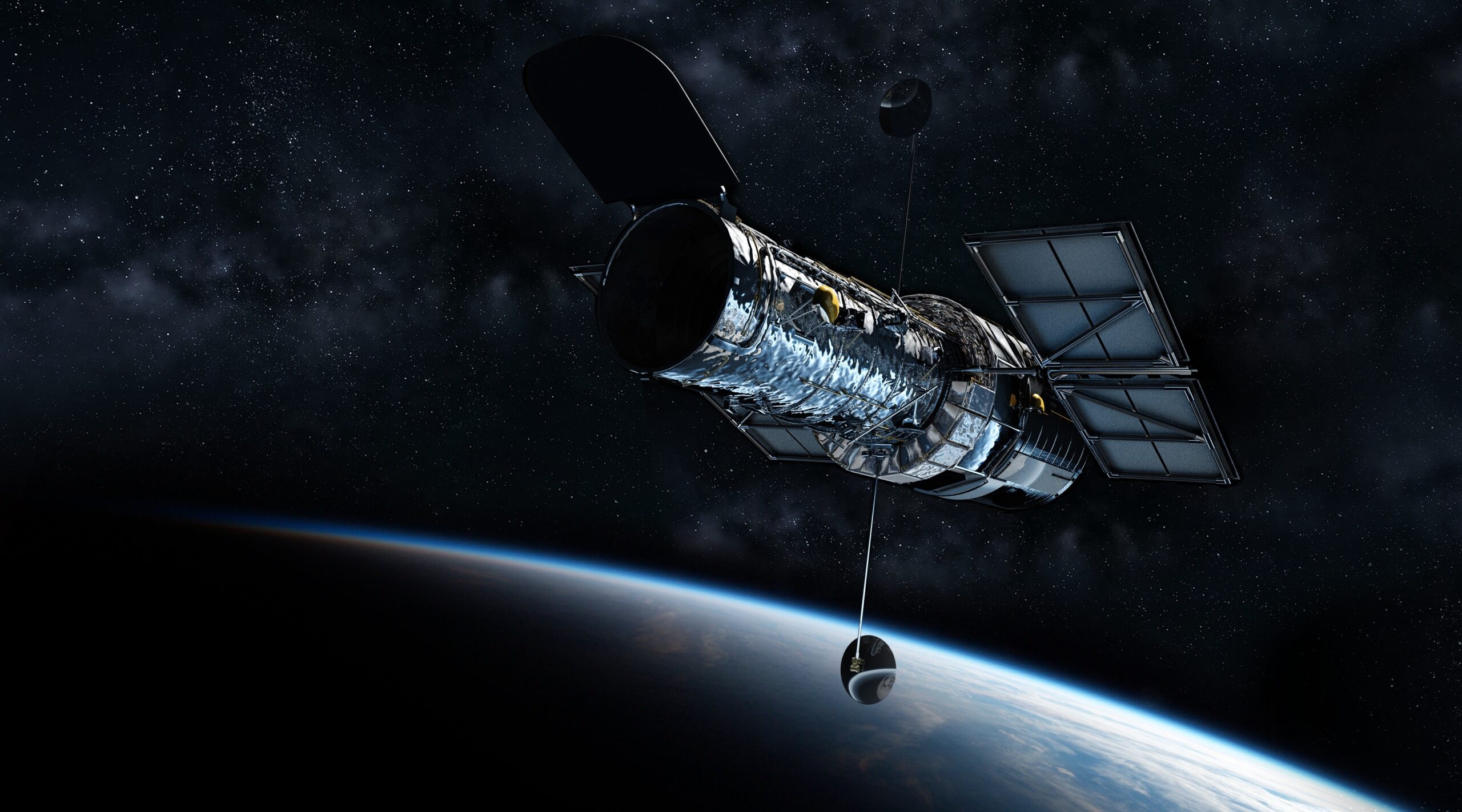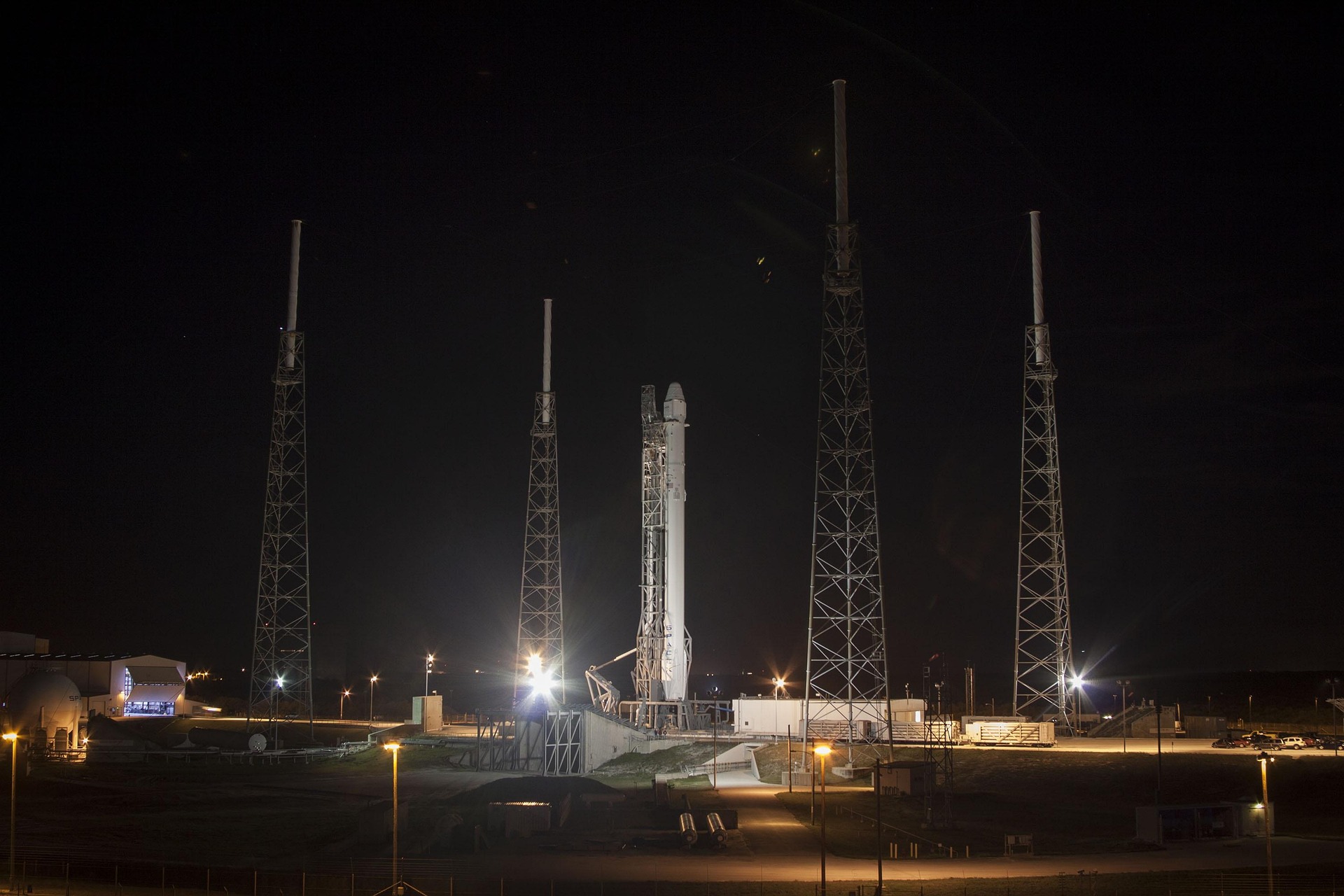In recent years, China’s rapid advancements in military space technology have raised significant concerns about the future of space warfare. The U.S. Space Force, led by General Chance Saltzman, has warned that China’s aggressive space expansion poses one of the most immediate threats to American national security. With a growing arsenal of satellites, anti-satellite weapons, and advanced space warfare strategies, China’s presence in space is rapidly reshaping the global balance of power, particularly in the Indo-Pacific region. These developments have prompted urgent calls for the U.S. to strengthen its defenses and prepare for potential space-based conflict.
China’s expanding space military capabilities
China has made significant strides in the development of military space technologies. The country now operates a fleet of over 300 military satellites, nearly half of its total 700 satellite constellation, which are designed to surveil U.S. forces globally. This robust satellite network enables China to monitor and disrupt U.S. military operations across the world. However, it is not just the number of satellites that is worrying—it is the sophisticated weaponry and tactics that China is developing to control and dominate space.
- Anti-satellite weapons: China has invested heavily in the development of anti-satellite (ASAT) missiles, which have the potential to physically destroy U.S. satellites, including those critical for communication, navigation, and intelligence gathering. These weapons could cripple the U.S.’s ability to operate effectively in space, severely limiting military capabilities in a conflict.
- Directed energy weapons: Another growing concern is China’s development of high-powered lasers capable of targeting satellites in orbit. These lasers can disable or destroy the sensors on critical military satellites, rendering them ineffective. The ability to target U.S. satellites with these lasers represents a major shift in space warfare capabilities.
- Electronic warfare tools: China has also made significant advancements in electronic warfare. With the ability to jam U.S. satellite communications, including protected military frequencies, China could disrupt essential satellite operations. The ability to interfere with satellite signals would severely impact U.S. military operations, making them more vulnerable to attacks and reducing the effectiveness of global military communications.
- Space-based combat systems: China is also testing more advanced space-based weapons, including robotic satellites equipped with grappling arms. These “killer satellites” could potentially disable or capture enemy satellites, rendering them useless. This capability suggests that China is preparing for orbital combat, a prospect that was once the stuff of science fiction but is now becoming a reality.
Strategic implications for U.S. National Security
As China accelerates its military space expansion, the U.S. faces an increasing challenge in maintaining dominance in space. General Saltzman has warned that space is becoming a new battlefield, and without robust defenses, the U.S. could lose access to vital space assets. The threat to U.S. military operations is substantial, as space-based systems are integral to nearly every aspect of modern warfare.
China’s space ambitions are particularly concerning for the U.S. in the context of potential conflicts in the Indo-Pacific region, especially regarding Taiwan. The People’s Liberation Army (PLA) views control over space as essential to dominating any future conflict in this area. China’s military expansion in space is seen as a way to deter U.S. military intervention in the region and secure its strategic interests.
The need for U.S. action
Experts argue that the U.S. must act swiftly to counter China’s growing space capabilities. Gen. Saltzman has emphasized the importance of increasing funding for space defense and developing resilient space infrastructure to protect against Chinese aggression. There is a need for more advanced satellites that can withstand attacks, as well as improved systems for detecting and neutralizing threats in space.
- Space force funding: The U.S. must significantly increase its investment in space defense technologies. This includes developing next-generation satellites and enhancing the ability to rapidly deploy space assets in the event of a conflict. Furthermore, bolstering the Space Force’s capabilities will help ensure that the U.S. can maintain a strong presence in space.
- Resilient satellite networks: The U.S. must also focus on building more resilient satellite networks. These networks must be designed to survive attacks from China’s growing arsenal of anti-satellite weapons and electronic jammers. Redundancy in satellite systems and the ability to operate without reliance on vulnerable assets will be key to ensuring the U.S. can continue to operate effectively in space.
- Clear deterrence policies: Experts have called for the establishment of clear deterrence policies regarding space-based conflict. The U.S. must define red lines in space and communicate the consequences of attacking American satellites. These policies must be supported by credible retaliation protocols that will ensure any aggressor, particularly China, understands the cost of space-based warfare.
The importance of space as the ultimate high ground
China’s rapid space expansion has underscored the strategic importance of space in modern warfare. Gen. Saltzman has repeatedly emphasized that space is the ultimate high ground in the 21st century. Failure to act quickly could mean ceding control of this vital domain to China. The implications of such a loss would be catastrophic, as it could leave U.S. forces blind and vulnerable in future conflicts.
As China continues to develop its military space capabilities, the U.S. must prioritize space defense as a national security imperative. The stakes are high—without immediate action, the U.S. risks losing its ability to operate freely and securely in space. The growing threat posed by China in this arena represents one of the most pressing national security challenges facing the U.S. in the coming years.





